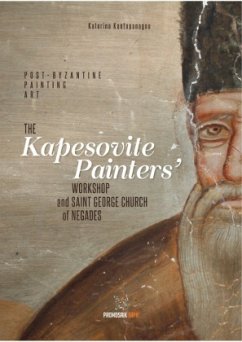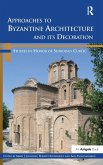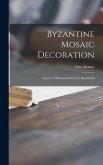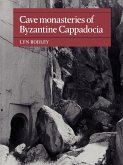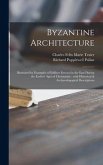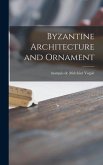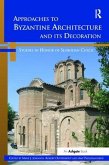The art of Byzantium after Byzantium was preserved for more than three centuries, living till the early 19th century in a non-Byzantine world. The painters Ioannis and Anastasios from Kapesovo (Epirus, Greece), the last great representatives of a provincial but thoroughly professional - in the broadest sense - guild, participated in the artistic trends and the intellectual and religious fusion of a period of profound social and economic transformations (18th c.). Eventually, the iconographic wealth of the Kapesovo workshop offers a unique opportunity to bring together terms, concepts, topics and subjects of post-Byzantine art.The English edition of the present study seeks to cover several fundamental desiderata in the modern research of post-Byzantine iconography. The comprehensive examination in the English language, with references to iconographic sources from the Byzantine period to the 18th c. and the use of multiple examples drawn from both frescoes and icons, will offer opportunities of access for English-language scholars and promote the study of the post-Byzantine art of painting.

